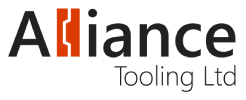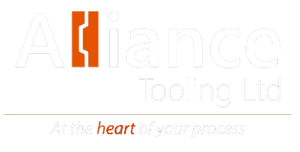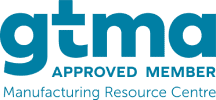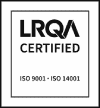How Working with a High-Quality Toolmaker Increases Your Profitability
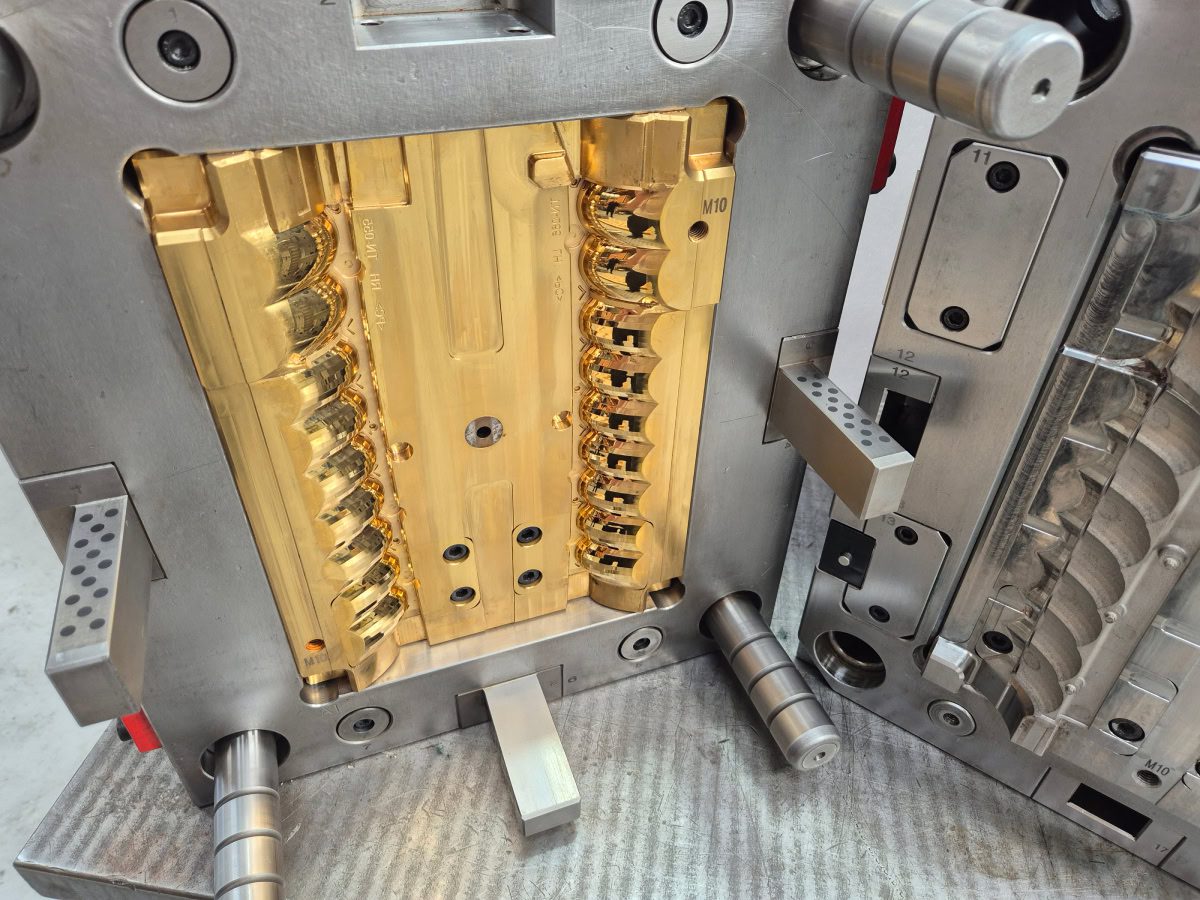
Achieving cost-effective injection moulding depends heavily on the precision and foresight applied at the start of a project, during the toolmaking stage. Working with an experienced and accredited toolmaker will pay dividends across the lifetime of an injection moulding project, offsetting a potentially higher initial investment against a lifetime of improved production, material savings and part optimisation. This decision often pays for itself many times over when cost per part and total cost of ownership are fully appreciated.
The Critical Role of Injection Mould Toolmakers in Cost-Effective Manufacturing
In this blog, Alliance Tooling explains how experienced injection mould toolmakers optimise every aspect of a mould’s design, from cooling channel layouts to part ejection strategies, to reduce cycle times, minimise waste, and maximise tool life – and what this means to you, as an injection moulding manufacturer.
The economics behind this are clear: faster cycle times, fewer stoppages, and longer tool life significantly lower the cost per part, which is critical when projects can involve the production of hundreds of thousands or many millions of components.
A well-designed, reliable mould tool doesn’t just support smoother operations — it directly enhances a company’s profitability, protecting margins and reducing total cost of ownership over the lifetime of the project. Partnering with skilled injection mould toolmakers from the outset is an investment that continues to pay off with every cycle run.
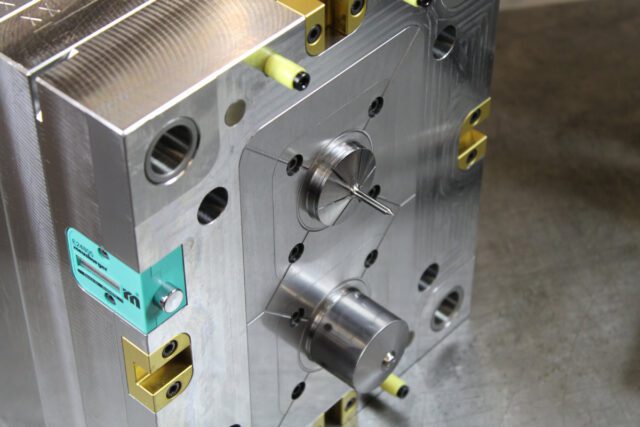
Five Ways Skilled Injection Mould Toolmakers Protect Your Bottom Line
When choosing a toolmaker, it’s essential to look beyond the upfront price and consider the lifetime value their tooling provides. Below, Alliance Tooling highlights five key ways that high-quality injection mould tooling protects profitability, reduces costs, and strengthens long-term production outcomes.
1. Optimised Cycle Times Deliver Long-Term Savings
Reducing cycle times by even a few seconds per shot can have a dramatic impact on profitability across the lifespan of an injection moulding project. Skilled injection mould toolmakers design moulds with optimised cooling systems, balanced gating, and efficient part ejection to shorten each production cycle without compromising quality.
For high-volume moulding, where millions of parts may be produced, shaving seconds off each cycle equates to substantial energy savings, lower machine time costs, and the ability to fulfil larger orders more quickly. Faster cycles mean higher output without the need for additional machines or tooling, maximising return on investment for every project.
2. Improved Tool Reliability Reduces Downtime and Maintenance Costs
Unexpected downtime caused by tool faults or wear can quickly erode the profitability of an injection moulding operation. High-quality tooling, built with attention to steel selection, cooling design, tolerancing, and robust construction, dramatically reduces the risk of production stoppages.
By partnering with an experienced toolmaker, moulding companies can avoid costly maintenance interventions, emergency repairs, and lost production time. A reliable, well-validated mould tool ensures continuous, predictable output — keeping labour, energy, and maintenance overheads under tighter control, and protecting profit margins from unnecessary disruption.
Alliance Tooling also offers comprehensive tool trialling from its Leicestershire facility, and offers real shot life guarantees on every tool produced.
3. Material Efficiency Supports Cost Control
Optimised tooling not only improves speed and reliability but also reduces material waste. High-quality injection mould tooling solutions minimise runners, flash, and reject rates through better gate design, mould filling strategies, and part optimisation during the Design for Manufacture (DFM) stage. Over the course of large production volumes, even small reductions in material usage per part can translate into thousands of pounds saved on raw material costs.
In recent years, material costs have fluctuated significantly, with shortages and spikes driving up expenses across many polymer grades. As a result, achieving high material efficiency has never been more important for moulding companies looking to protect their profitability and maintain competitiveness.
Furthermore, fewer scrap parts reduce handling, regrind, and waste disposal expenses, on top of minimising polymer usage to meet sustainability objectives.
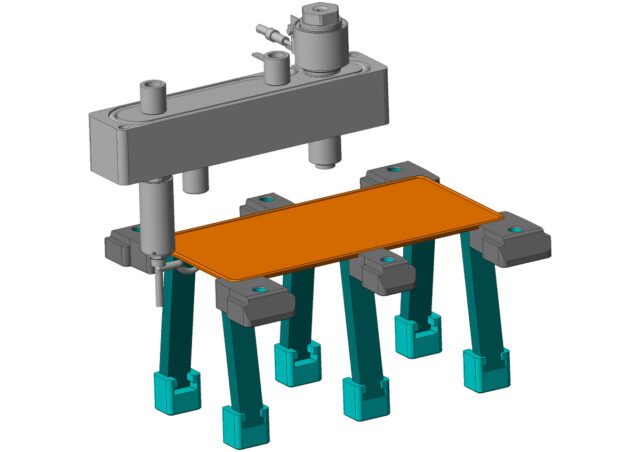
4. Long Tool Life Lowers the True Cost of Ownership
While high-quality tooling may carry a higher initial price tag, its extended operational life dramatically reduces the true cost per part over time. Experienced injection mould toolmakers deliver tools that maintain dimensional accuracy, surface finish quality, and reliability over millions of cycles. This durability reduces the need for expensive refurbishments, frequent re-tooling, or tool replacement during a project’s lifecycle.
For moulding companies, investing in premium tooling means lower overall tooling costs amortised over a greater number of parts — protecting margins and improving project profitability with every production batch.
5. Better Part Quality Strengthens Customer Satisfaction and Reduces Returns
Tooling precision directly affects the consistency and quality of finished parts. Poorly designed or manufactured moulds can cause warpage, sink marks, dimensional instability, or poor surface finishes — all leading to customer dissatisfaction, rework costs, and even rejected batches.
By working with a leading toolmaker, injection moulding companies can ensure their parts meet exact specifications from the outset, improving customer relationships, reducing warranty claims, and building a reputation for reliability, which can be hard to win back, once a costly mistake has been made.
In competitive markets, consistent part quality can be the difference between winning repeat business and losing contracts — and the right tooling partner is critical to achieving it.
Why Alliance Tooling Is the Right Choice
The benefits of partnering with a high-quality toolmaker are clear — but selecting the right partner is critical to achieving them. At Alliance Tooling, we combine technical excellence with a commercial understanding of what injection moulders need to stay profitable, competitive, and efficient over the long term.
Since 1999, Alliance Tooling has produced more than 1,400 moulds for customers across the medical, automotive, and packaging sectors. Operating from a purpose-built 18,000 sq. ft. facility in Leicestershire, we deliver tooling solutions ranging from cost-effective pilot tooling and complex sliding core moulds, to large-scale, multi-cavity hardened steel tools designed for high-volume production.
Our commitment to delivering precision-engineered mould tools is underpinned by real-world experience, ISO 9001 and ISO 14001 accreditations, and robust quality assurance processes. Every tool we manufacture, whether from our fully equipped UK facility or through our carefully managed Far Eastern supply chain, comes with genuine shot-life guarantees — providing long-term confidence in performance and cost control.
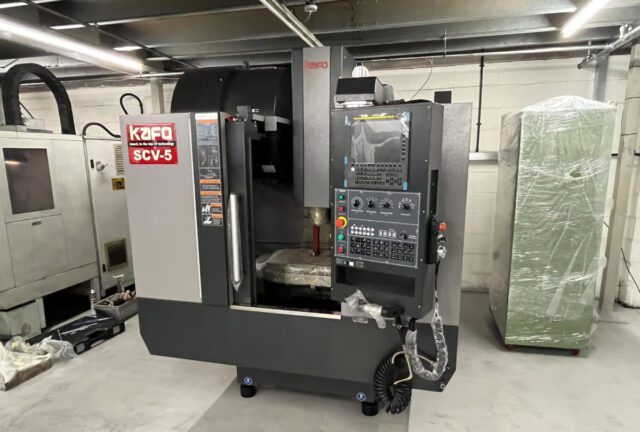
Alliance Tooling’s investment in the latest machining technology, CAD/CAM systems, and in-house CMM inspection ensures every mould is built with accuracy and reliability in mind, helping our customers achieve faster cycle times, lower scrap rates, and consistent part quality. Our UK-based team of experienced engineers provides hands-on project management and technical support, ensuring clear communication, faster turnaround times, and tooling solutions that meet the highest commercial and production standards.
For injection moulders seeking tooling that delivers true lifetime value — protecting margins, reducing downtime, and strengthening customer relationships — Alliance Tooling is a trusted and proven partner.
Get in touch with Alliance Tooling today to discuss your next injection mould tooling project today.
